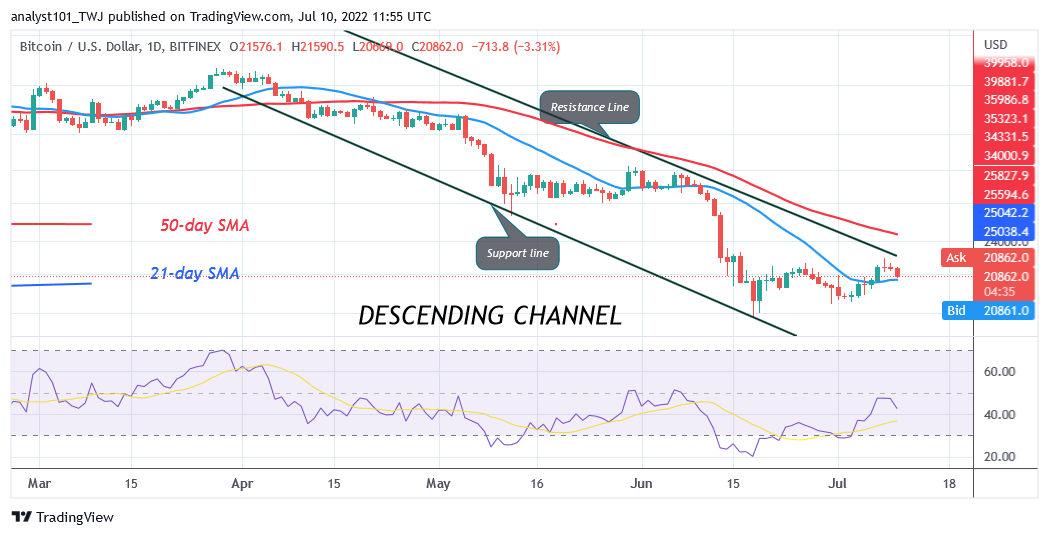Former president Donald Trump is weighing another run for the White House. With his candidacy all but certain, The US is faced with the prospect of another Trump presidency. He has also expanded his grip on the Republican Party and has actively backed key candidates in the ongoing midterm elections in the US. With many of those candidates facing defeat, Mint looks into whether the Republican Party has a Trump problem.
How did Trump take over the Republicans?
Trump’s takeover of the party began during the race for the Republican nomination in 2016. Faced with more established candidates supported by the mainstream of the party, Trump seized on a sense of popular disenchantment with America’s governing elites. His anti-globalist rhetoric, protectionist policies, hostility to immigration and willingness to partake in the country’s “culture wars” made him a lightning rod for disenchanted voters. He swept aside conservative Christian rivals as well as more traditional opponents to claim the Republican nomination and eventually the White House. While his political appeal forced many in the party to accept his leadership, Trump also proved willing to attack members of his own party for not supporting him. He used social media and conservative news networks to name and shame colleagues who did not toe his line on key policy issues. A barrage of critical tweets from Trump was enough to end many a political career. In the 2018 midterm elections, many moderate Republicans were forced to stand down because of their opposition to Trump.
You might also like
The trouble with climate finance in 5 charts
CEAT may get a grip after a rocky Q2
Waning covid tells on health of Divi Labs stock
Air fares will soar as supply issues drag down airlines
How has Trump changed the Party?
A few key issues now define the Republicans. While they were once seen as proponents of a stronger American role globally, the party is now staunchly “America First”. They are in favour of strict immigration controls, stronger borders and a reduced role for the US in foreign affairs. This includes a testier relationship with the country’s allies in Europe and East Asia. The Republican Party was also seen as the party of business and free trade. However, President Trump is a known free trade sceptic and conservatives now seem increasingly divided on the issue. The party also takes a sharper and more combative line on cultural politics. While the old Republicans took conservative positions on social issues like abortion, Trump has pushed the party to oppose “cancel culture”, “woke” politics and what the former president sees as an effort by liberals to change the country’s social values.
How powerful is the Trumpist wing of the party?
Given Trump’s vice-like grip over the party, his major supporters have found themselves in positions of national prominence. In the current midterms, candidates in major races are avowed Trumpists. Doug Mastriano, who is running to be governor of the key swing state of Pennsylvania, and Blake Masters, a candidate for the Senate in Arizona, are just a few of the most prominent pro-Trump politicians in the race. Hundreds of Republican candidates vying for important state and national offices have echoed Trump’s allegation that the 2020 presidential elections were fraudulent. Should they succeed in their electoral bids, these candidates will be in a position to certify election results in the coming 2024 elections. They also have the potential to hold the moderate wing of the party to ransom to enact their legislative agenda.
How have pro-Trump candidates fared in the midterms?
Not as well as they would have liked. JD Vance, a prominent Trumpist, won a seat in the Senate from Ohio. However, the election has proven otherwise disappointing. Mastrino and Masters both lost their respective elections. Democrats have proved resilient. Prominent celebrity doctor Mehmet Oz, a pro-Trumper who was running on a Republican ticket for the Senate, was defeated as was Arizona gubernatorial hopeful Kari Lake. Pro-Trumpers who expected to ride a wave of anti-incumbency have been sorely disappointed and it appears the Republican Party will have to scramble to put together a majority in the House of Representatives, America’s lower house.
What does this mean for American politics?
At the national level, observers fear that a narrow Republican victory in races for the House of Representatives will create a slim majority. This may embolden pro-Trump candidates who can threaten to ride roughshod over the moderate wing of the party. At the state level, Trumpist victories in key offices like secretary of state will have consequences for the democratic process. These officials are responsible for certifying election results and some fear that pro-Trump officials will refuse to do so in the event of a Trump defeat in the 2024 Presidential election.
Elsewhere in Mint
In Opinion, Nouriel Roubini warns the world is awash in new mega-threats. Vivek Kaul says India-decoupled hypothesis doesn’t pass a basic smell test. Trisha Shreyashi analyses the SC verdict on the strangest affirmative action programme in the world. Long Story narrates a job scam that trafficked Indian men to Myanmar.
Download The Mint News App to get Daily Market Updates.
More
Less















